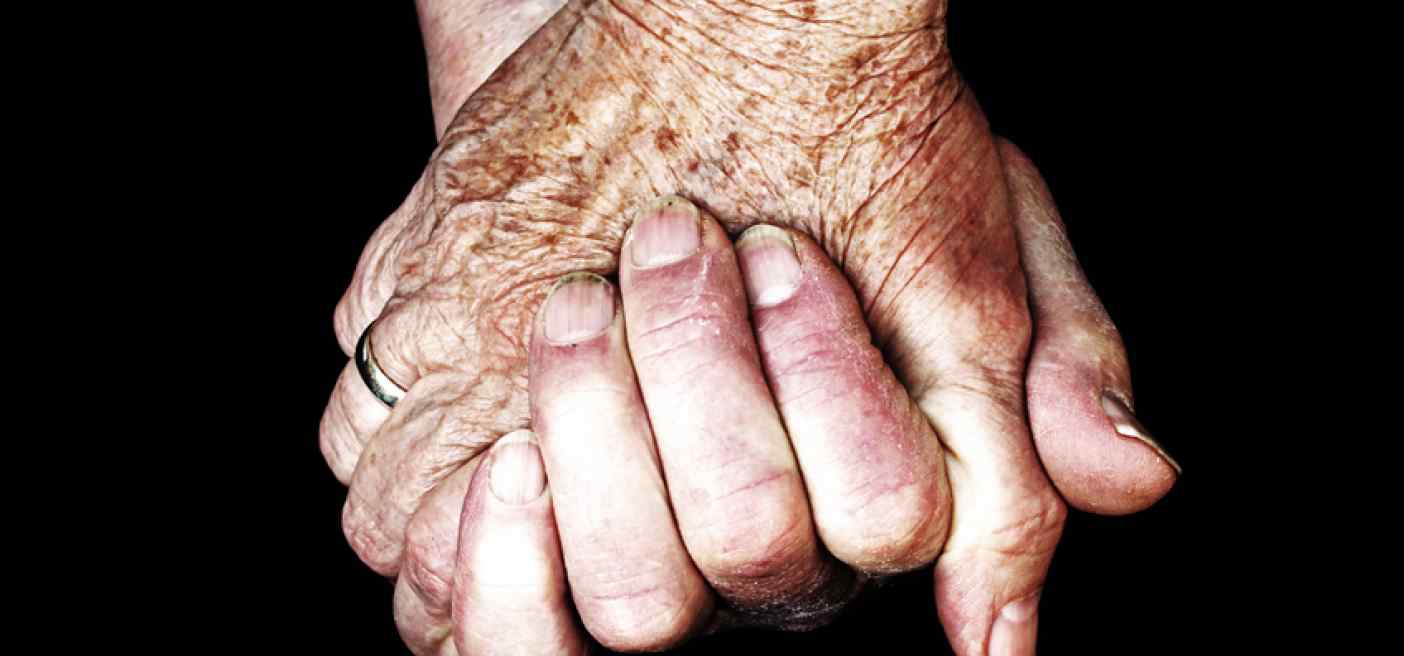Don’t Underestimate the Power of Touch

If you care for an aging parent, you’ve probably put considerable effort into making sure her home is safe and she has appropriate medical care. You may also keep an eye on her nutrition and help her get some exercise. Of course you want to provide whatever she needs to be as healthy as possible. But have you thought about touch?
Touch deprivation is common among seniors, and it can severely impact your parent’s quality of life. Luckily, this is one caregiving challenge that’s easy to solve.
Touch Deprivation Is Real
Most of us go through the day without thinking much about expressive touch. We hug our kids or spouse, shake hands when we meet, or pat a friend on the back. We communicate care and compassion through touch simply as a matter of living.
It’s different for seniors. Their children are grown and their partners may be incapacitated or may have passed away. As a result, seniors can go days, or even weeks, without receiving touch beyond what their care requires. This absence of expressive touch increases feelings of loneliness and isolation, and may even raise a senior’s awareness of pain.
A Simple Solution
Making the effort to reconnect with your senior through touch doesn’t require special skills. Simply pause occasionally in the course of your interaction with your parent and hold his hand or touch his arm. It’s remarkable how this will go a long way to relieving feelings of loneliness.
Quick, Proven Techniques
You may also want to learn some basic massage techniques. Compassionate Touch® is a research-based approach to skilled touch that stresses the importance of presence and compassion. The program outlines three quick, effective massage techniques with proven benefits for elders, especially those who suffer from dementia:
- Hand massage. Providing frequent 5-minute hand massages has been shown to decrease levels of the stress hormone cortisol and increase levels of serotonin, a neurochemical that regulates mood. Studies show that seniors who receive hand massages are calmer and experience less agitation than other dementia sufferers. They also enjoy closer relationships with the caregivers or loved ones who help them in this way.
- Slow-stroke back massage. Regular 3-5 minute back massages increase endorphins, the “runner’s high” hormone that’s associated with lifting your mood. Back massage produces a relaxation response that eases pain, decreases anxiety, promotes sleep, and decreases blood pressure and heart rate. A simple massage while seated in a chair is all that’s required.
- Foot massage. Daily foot massage has similar benefits to hand and back massage, and since it is “boundary-safe,” seniors with dementia tend to be particularly receptive to it.
Professional caregivers can be trained in these specific touch techniques, which they can include in your parent’s ongoing care plan. It’s also easy for family caregivers to learn the basics and share them during everyday interactions.
And it’s important not to underestimate the value of a hug or gentle shoulder rub. Interacting on this compassionate, personal level helps your senior stay engaged and strengthens your family bond.
